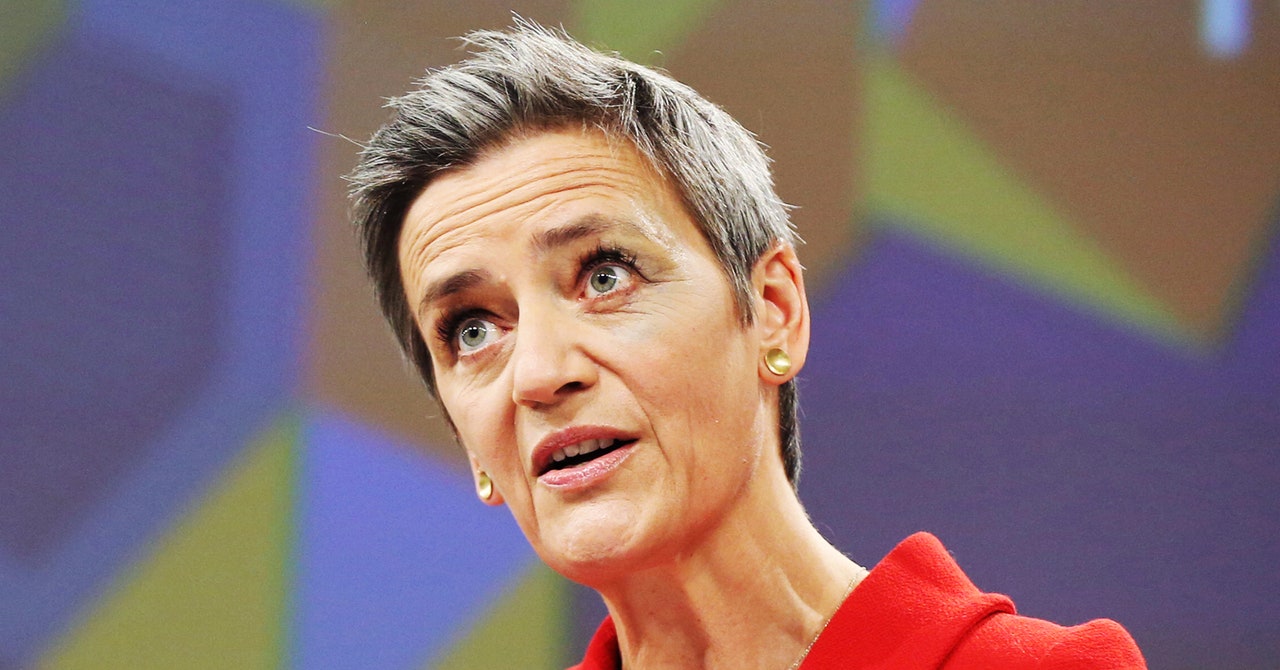Are there areas where you think there could be more cooperation between regulators?
We work very closely with our US counterparts, both the DOJ and the FTC. If we start a competition case and we know that American colleagues are looking at the same things, we ask the companies, would you give us permission to exchange information and talk about this? Once we have the necessary exemptions, we can discuss theories of harm, how we see things, how we can enforce things.
It’s beneficial for us because the smarter eyes look at a case, the better we do it. For the companies, if it’s something that can be remedied, then maybe one cure will work on both sides of the Atlantic. We are different democracies, but we are democracies, and we can do more to work together to set the standards for how technology is used and developed. There is a worldwide need for this.
In the US, there is often talk of technology competition to China and investment by Chinese companies in the US. Is the same conversation taking place in Europe?
Well, we recently got two new tools. One is to screen foreign direct investment to see if investors are coming with the right intentions: to do business and make money, which is a good thing, or if there is a risk of undermining public order or security. The second is a tool to look at foreign subsidies. For example, if there is a public tender for a bridge, foreign companies cannot make an attractive offer because they receive cheap financing or subsidies. [The regulation, expected to go into effect next year, also applies to mergers and acquisitions in the EU.]
the EUs Digital Services Act and Digital Markets ActTwo laws come into force aimed at regulating online spaces and promoting competition within the next two years. What does this mean for the everyday user?
When you look at the DSA, the internet should become a safer place and more like the physical reality: your consumer rights are respected, you know there is someone to complain to if you do something wrong and things that are illegal will be taken. The Digital Markets Act is a driver for innovation in the market, so that smaller companies can really make it through. It also gives us information about Big Tech acquisitions of smaller companies, so we can check if a target is something that should actually scale on its own.
These new laws give you broad powers to investigate companies and their actions. What kind of enforcement power do you get?
The process to build enforcement capacity is ongoing. Brussels will be the sole enforcer, but we are coordinating very closely with the Member States. We can form joint investigation teams. National competition authorities can also enforce outside what is covered by the DMA.
The latest EU Big Tech regulation, the GDPR privacy framework, has been criticized because they didn’t shield people as much as hoped.

